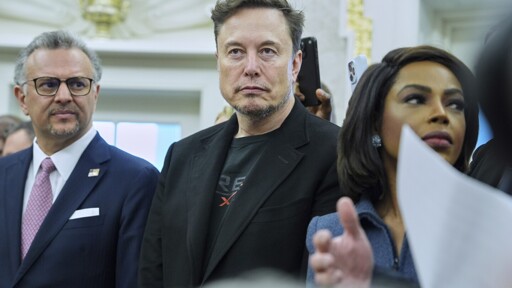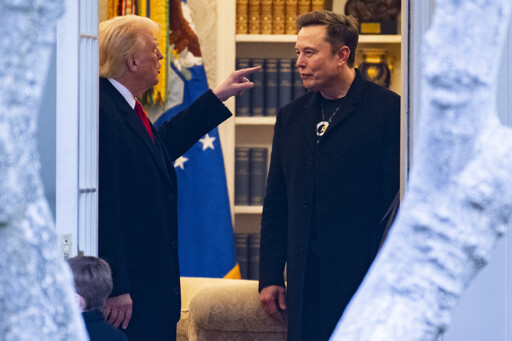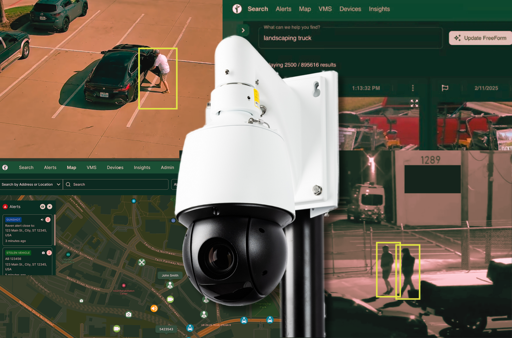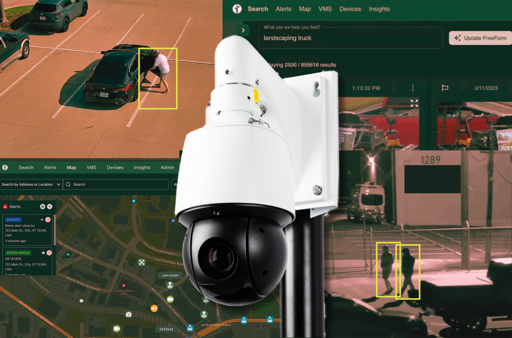

I’m not really looking for any one specific perspective, I just don’t want to help strengthen an echo chamber whether it’s spreading disinformation, edge lords saying shitty things to make some kind of Fred Phelps like point about free speech, or just set on ignoring valid information in order to keep pushing an agenda regardless of facts















I’m definitely not looking for a centrist view, in fact kind of the opposite. Other than bans on bigotry/hate speech, I really don’t want to be boxed into a singular way of thinking.
I don’t mind if I end up interacting with or hearing views from people who are more centrist or radical, as long as there isn’t an all or nothing/hive mind kind of way of thinking about those POVs.
I am definitely more left, I wouldn’t call myself a radical, but if I talked to someone who identified as a moderate, they might consider my opinions far left compared to their own POV, whereas somebody who is extreme left might consider me left of center.
I understand there are some people who truly have all or nothing beliefs, but I am also suspicious that movements on the left are often hijacked by bad actors in order to keep people as divided as possible.
Even the idea of a “tankie” as it’s used online, seems like it’s often just meant to further divide the left during a time when extremists on the far right are trying to keep people divided and distracted in order to maintain the power and control they have achieved.
It’s almost like union busting tactics being used against political beliefs instead of labor. As long as people have a core set of values they agree on regarding human rights and liberty, I feel like it’s in our best interest to unite against extremists on the far right, even if we don’t always agree 100% on everything else.
I may be overthinking the specific instance thing, and I think somebody already answered this, but I guess originally I was thinking, if I joined an instance with say a focus on technology, would I still be able to create a community with a political focus, or would I need to join an instance with a focus on politics in order to do that?
If I did need to join an instance focused on politics, would I then be 100% constrained by political beliefs of that instance to fit a narrative? Like if I felt there was evidence that justified a criticism of someone that’s normally placed on a pedestal, would I be free to say that.
It seems like most instances would allow political communities even if the focus of the instance isn’t political, so probably a moot point anyway.